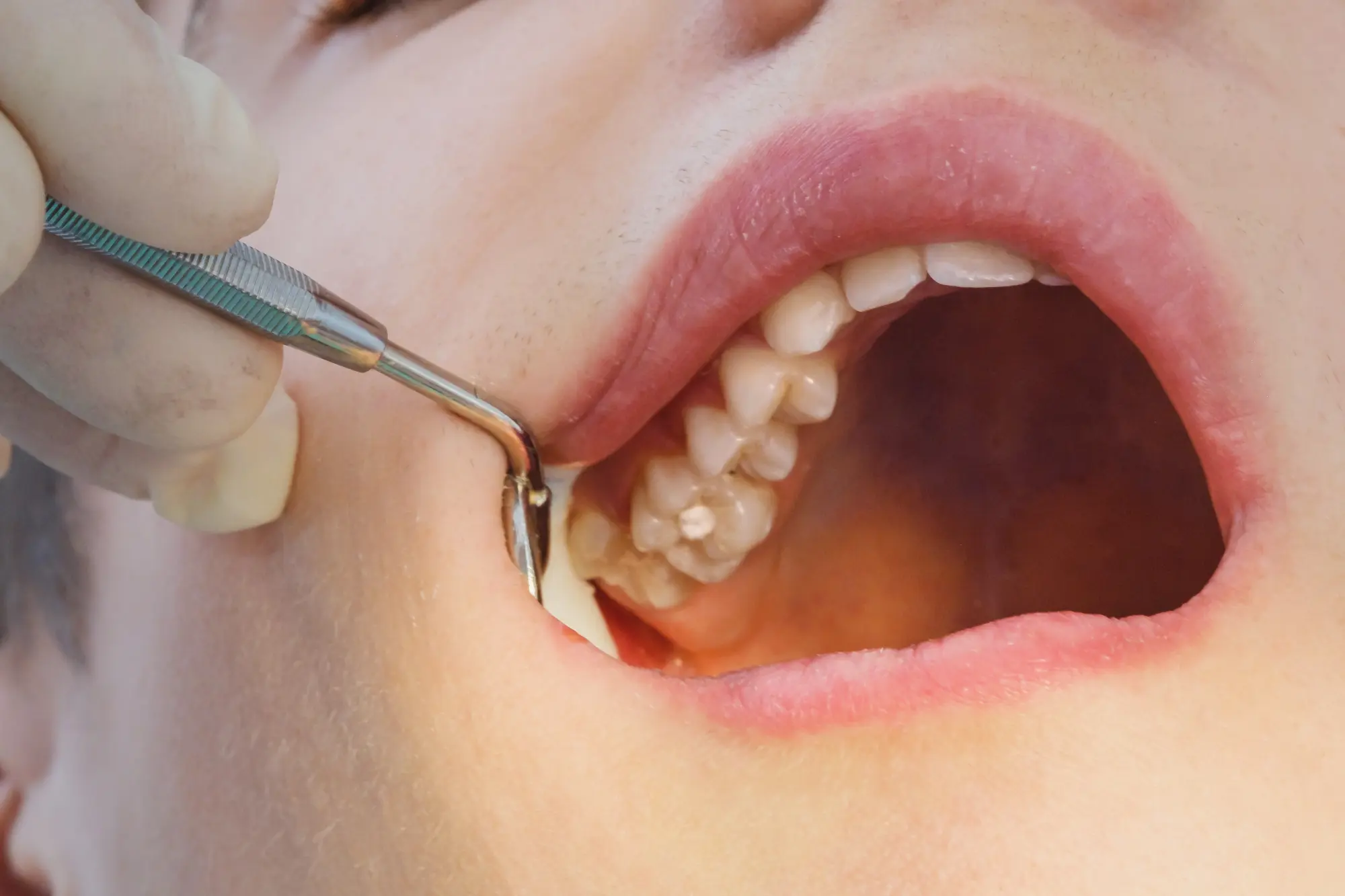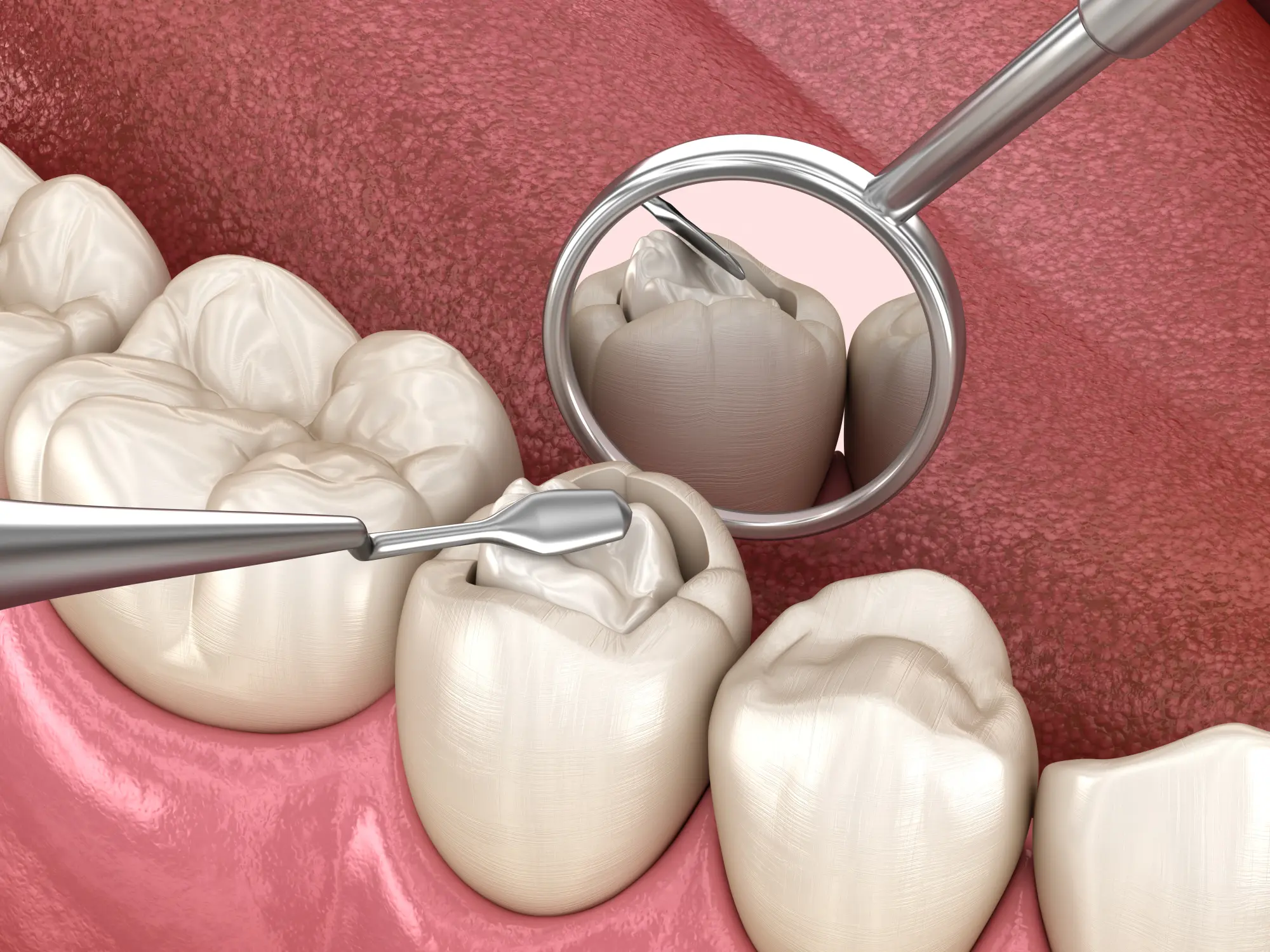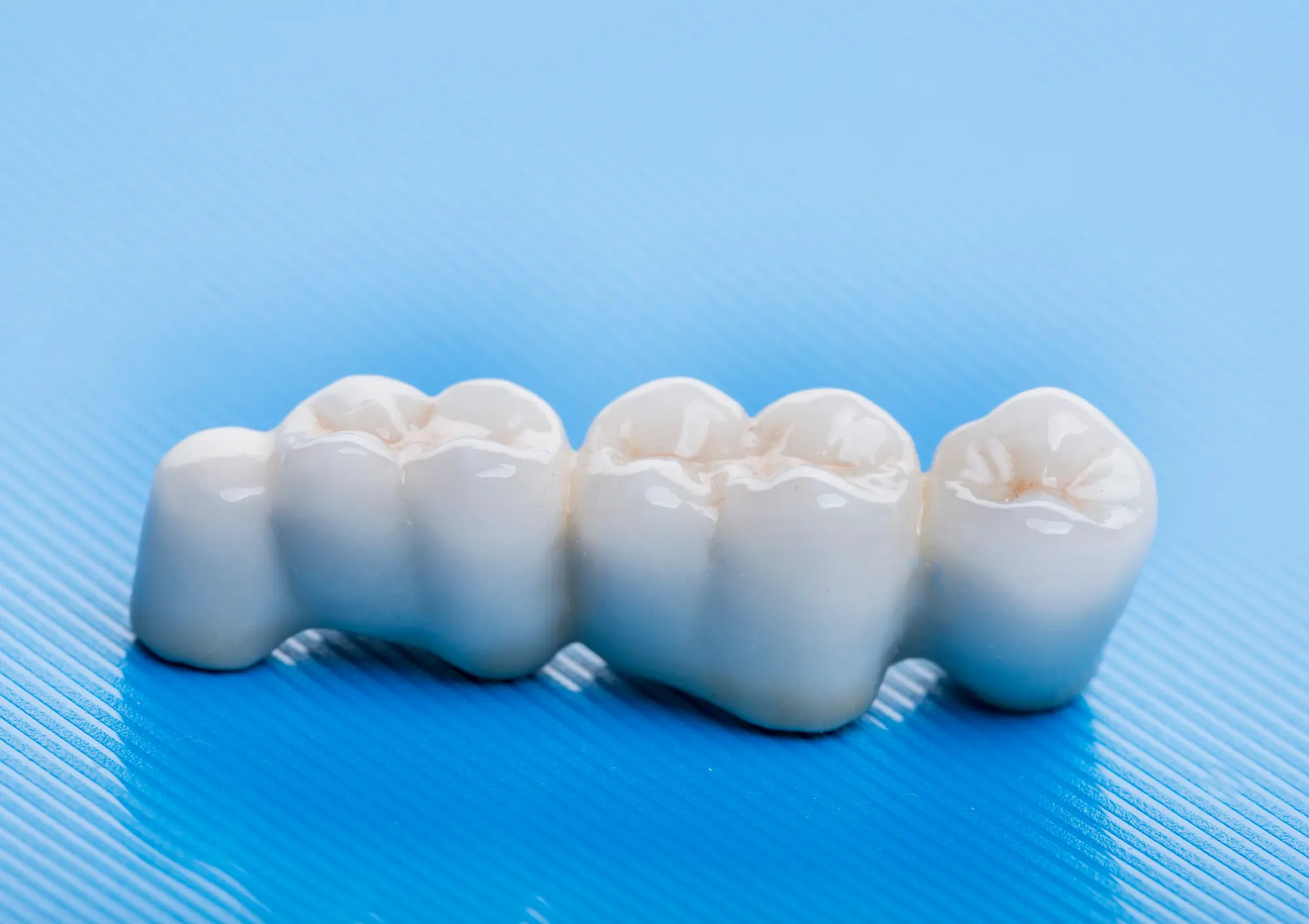
Bleeding After Dental Implants: What’s Normal?
If you've recently undergone dental implant surgery, you may be experiencing some bleeding. Don't worry, bleeding after dental implants is completely normal and expected. In this blog post, we'll explain what you can expect in terms of bleeding, how to manage it, and how to take care of your dental implants during this crucial healing period.
Bleeding is Normal
After any surgical procedure, including dental implant surgery, a certain amount of bleeding is expected. This is because the implant site undergoes trauma during the procedure. Your body's natural response to trauma is to initiate the healing process, which involves blood clotting and the formation of new tissue.
What to Expect 24-48 Hours After Surgery
In the first 24-48 hours after dental implant surgery, it's common to experience some bleeding. The bleeding may be more pronounced immediately after the procedure and gradually decrease over time. You may notice some blood in your saliva, on your pillowcase, or when you rinse your mouth.
During this initial period, it's important to avoid disturbing the surgical site as much as possible. Be gentle when brushing your teeth and avoid using a toothbrush near the implant area. Instead, rinse your mouth gently with a saltwater solution as recommended by your dentist.
How to Control the Bleeding
To control the bleeding after dental implant surgery, your dentist may provide you with gauze pads to bite down on. This helps apply pressure to the implant site, promoting blood clot formation and reducing bleeding. Make sure to follow your dentist's instructions on how long to keep the gauze pads in place.
If bleeding persists or becomes excessive, contact your dentist immediately. They will be able to assess the situation and provide further guidance.
Taking Care of Your Dental Implants
In addition to controlling the bleeding, it's crucial to take proper care of your dental implants during the healing period. This will ensure the best possible outcome and minimize the risk of complications.
Here are some tips for taking care of your dental implants:
1. Follow your dentist's post-operative instructions: Your dentist will provide you with specific instructions on how to care for your dental implants after surgery. Make sure to follow these instructions carefully, including any prescribed medications or mouth rinses.
2. Maintain good oral hygiene: While you should be gentle around the implant site, it's still important to maintain good oral hygiene. Brush your teeth twice a day using a soft-bristle toothbrush and a non-abrasive toothpaste. Floss carefully around the implant area, using a floss threader if necessary.
3. Avoid hard and sticky foods: During the healing period, it's best to avoid hard and sticky foods that can put excessive pressure on the implant site. Stick to soft foods that are easy to chew and won't irritate the surgical area.
4. Attend follow-up appointments: Regular follow-up appointments with your dentist are essential for monitoring the healing process and ensuring the long-term success of your dental implants. Make sure to attend all scheduled appointments and communicate any concerns or issues you may have.
Implant Expertise is a Call Away
Bleeding after dental implant surgery is a normal part of the healing process. By understanding what to expect, how to control the bleeding, and how to take care of your dental implants, you can ensure a smooth recovery and enjoy the benefits of a restored smile. If you have any questions or concerns, don't hesitate to contact Redstone Dental Studio at (303)823-6006. Our team of experienced professionals is here to help you achieve a healthy and beautiful smile.














